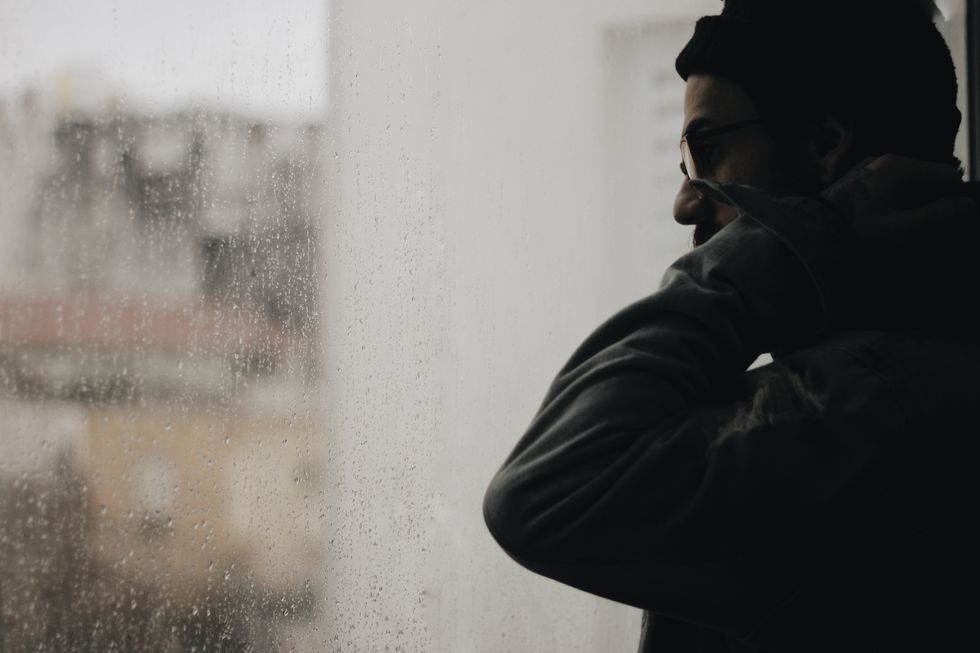Have you ever smiled brightly as someone asked you how you are, and responded with a cheery “I’m good, how about you?” when in reality, your day could not suck any worse?
Have you ever posted inspirational life quotes on social media, only to look in the mirror and feel awful about the person staring back at you?
You, like me, may fall in the awkward space in between optimism and pessimism. No, I’m not talking about that perfectly balanced land called “realism." I’m talking about its jealous cousin: overcompensating optimism.
An overcompensating optimist is a recovering pessimist who tries so hard at optimism, they fizzle out and resort to abusive self-talk and days of sulking. Or, it is the person who is a constant cheerleader for others, so much so, that they find little energy left to cheer on themselves. These are the people who are so determined to be optimistic, they pretend life’s darker moments don’t exist at all, while privately, these emotions rot away at the soul until they become overwhelming.
We all know people in our lives that shine bright like the sun, shedding radiance and positivity on everyone around them. These role models, friends and generally good people are beacons of hope in our lives when life gets twisted, messy and complicated. If it’s raining outside, all the optimist will see in the gleaming beauty of a rainbow.
On the other hand, we have the dark and stormy pessimists. These are the doomsayers, warning that our fragile happiness will be short-lived since nothing lasts forever. Nothing is really as good as we think it is. Heck, we’re not as good as anyone thinks we are. All a pessimist sees is the downpour and the ever-present clouds overhead.
The realist can appreciate the rainbow while acknowledging the clouds. They understand that the rainbow was never possible without the clouds. At the same time, they acknowledge that the rainbow does not cancel out the fact that clouds exist.
The overcompensating optimist will see sunshine for others, and rainy days for themselves. Or, they’ll tell others that they see bright skies, too, when in reality, all they see is clouds. Maybe they’ve convinced themselves it actually is sunny outside, and venture out without an umbrella, only to be puzzled at how they managed to become soaking wet.
We try so hard to fight the parts of ourselves that are pessimistic by nature, we manufacture an overload of optimism to make up for it. We are constantly pulled back and forth between these two polar opposites, yet never find the balance we crave somewhere in the middle. Many strive to be optimists or realists. Allegedly, this is as simple as “choosing happiness." But, for a growing segment of the population, the story isn’t that simple, and the act of choosing anything at all is an anxiety-inducing prospect.
While “overcompensating optimist” is not an official psychological term, these patterns of behavior that I’ve witnessed in myself and others coincide with growing evidence of a generational self-esteem crisis among millennials. So, what’s a wannabe realist to do, besides try really, really hard?
Well, we can do just that: try.
Try not to criticize ourselves so much. Try not to compare ourselves to others. Try to appreciate the things that make each of us unique. Try to show a little more to love to ourselves, and to others. Try to ask for help when we need it. Try not beat ourselves up over our mistakes. Try not to judge ourselves based on what others think of us.
Try to see the rainbow and the clouds.





















